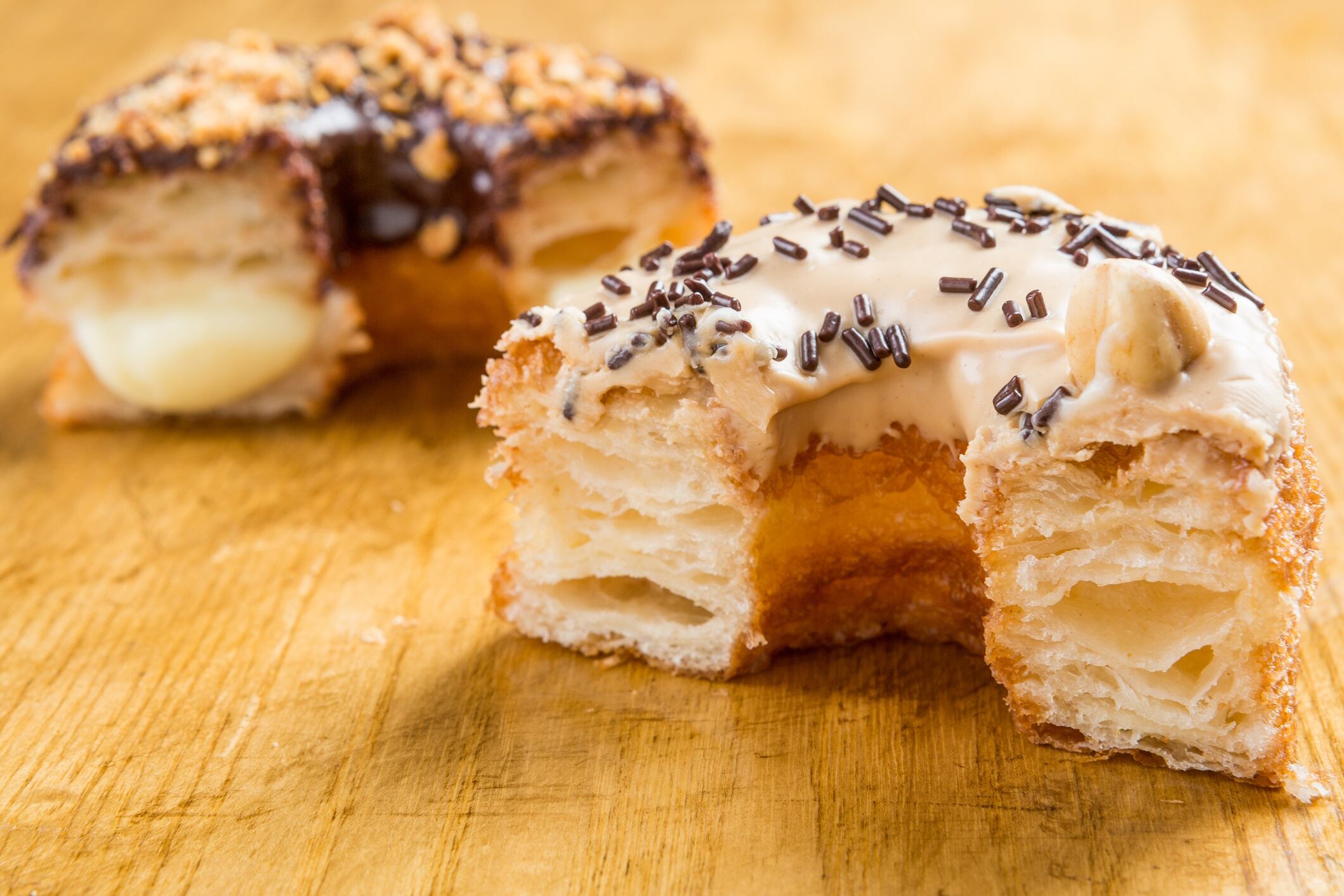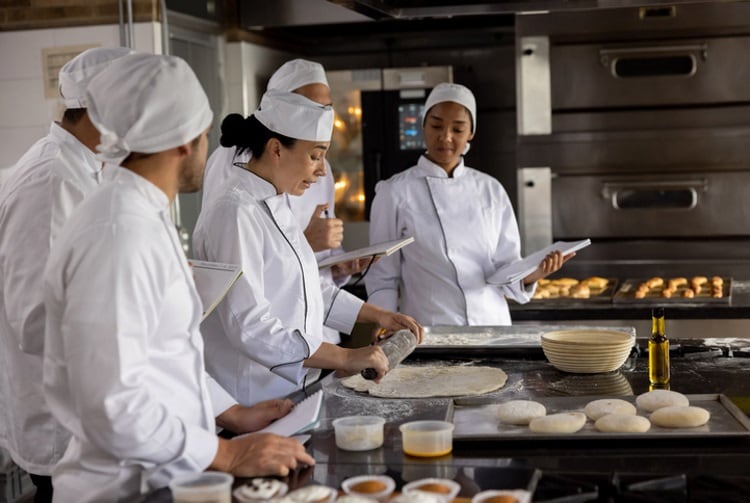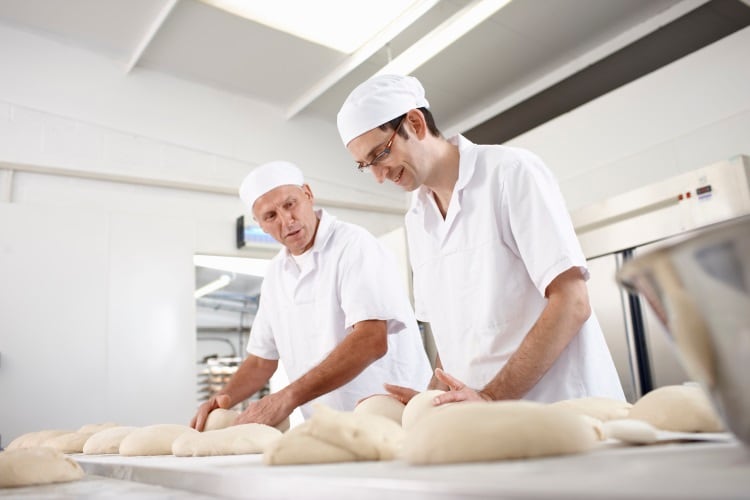While students have long been a key demographic for grab-and-go baked goods, recent research from European supplier Baker & Baker highlights a divided landscape: 24% of universities report a decline in bakery sales, whereas 38% have seen an increase.
What are the 38% of higher-ed institutions doing right that some other aren’t? Baker & Baker’s UK marketing manager Helen Sinclair explains, “While some factors are out of the caterer’s control, there are areas they can focus on to help drive sales. Having the correct product offering is key - both type of treat and format - and marketing initiatives - such as a discounted treat with a drink - are important to help maximise sales.”
Baker & Baker’s research suggests that 63% of students purchase these snacks multiple times weekly, but 59% of students reported they wouldn’t do this if prices seem too high.
Cost is also a crucial factor for businesses to consider, agrees Sinclair. However, she notes that “it is important to note that students do not mind spending a little more if multiple purchasing decision-making factors can be met, like product popularity, product quality, product appearance, supplier reliability and required dietary preferences.”
Changing dietary habits

This is another challenge for sweet bakery. A growing emphasis on health and wellness means that traditional indulgences are increasingly scrutinised. More students are looking for high-protein, low-sugar or plant-based options. Foodservice operators need then to adapt by offering products that balance indulgence with perceived health benefits – think whole grain pastries, lower-sugar muffins or protein-enriched baked goods.
Sustainability is also a growing priority. Students are increasingly conscious of food waste, ethical sourcing and eco-friendly packaging. Campuses that prioritise sustainability in their food offerings are likely to see greater engagement from students, making it necessary for bakery suppliers to align with these values.
The drastic changes brought in during the Covid era still have an impact on how products are packages. As many as 50% of the businesses surveyed by Baker & Baker said that pandemic era changes led to more individually wrapped products, whereas customers have always favoured the look – and smell – of packet-less bakery items.
Opportunities abound

Post Covid, high operating costs have led many education providers to reduce the number of catering staff they employ. Baker & Baker tells us that “this is leading to education providers re-evaluating what products and formats they stock. Some are moving from bake-from-scratch production to semi-finished or thaw and serve products to alleviate the challenges that scratch production can pose.”
Customisation is a growth avenue. Bakeries that offer unique, Instagram-worthy items can tap into students’ desire for novelty. Limited edition flavours, hybrid pastries (cruffins or brookies, anyone?) and international influences (eg, mochi donuts or pastel de nata) can generate excitement and boost sales.
Partnerships with student unions, sports teams and campus events can also enhance visibility. Seasonal promotions, loyalty programmes or collaborations with student influencers can create a stronger connection between bakeries and their target audience.
Happy hunting grounds

College-era sweet bakery habits can turn students into lifelong consumers, but how can foodservice operators also entice this cohort into becoming future industry professionals? With the ongoing labour shortage in the food industry, engaging students as future professionals must be a win-win.
Many universities have culinary or hospitality management courses and partnering with these programmes could provide bakeries with a pipeline of skilled workers.
According to Sinclair, bakeries and foodservice operators/suppliers should “engage with education providers and see how they can support them in delivering bakery related courses - whether that is giving presentations or providing more hands-on learning opportunities.
“For example, we have education-based relationships with a number of universities across the UK.”
Mentorship and networking opportunities can further solidify the link between the bakery industry and higher education. Industry professionals who engage with students early - whether through career fairs, competitions or digital outreach - can cultivate interest in baking as a viable career path.
By investing in recruitment strategies that align with student interests and career aspirations, bakeries can position themselves for long-term success.
And, to end on a high, there is still significant demand for sweet bakery products in universities. As long as students need quick, portable and satisfying snacks to fuel their busy schedules that is unlikely to change.




